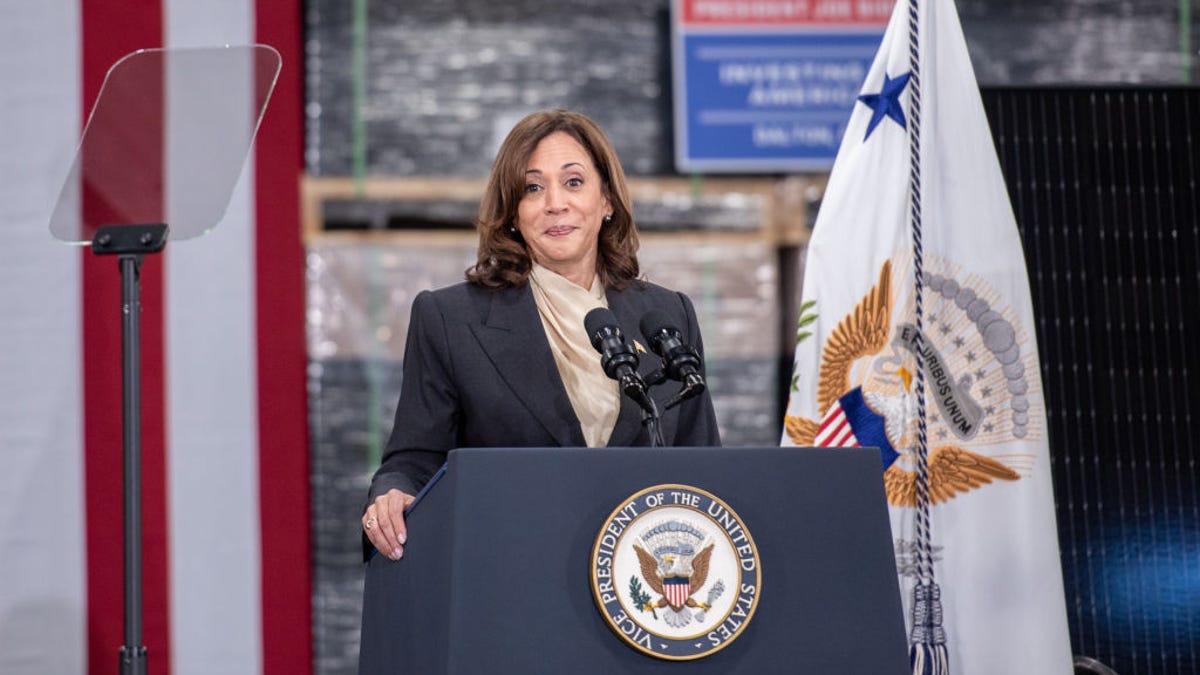
Solar Energy Just Became More Accessible for Renters After Yesterday’s DOE Announcement
Solar energy has become more accessible for renters after the recent announcement by the Department of Energy (DOE). The new guidance from the DOE has lifted barriers to community solar, which will make it easier for renters and low-income households to access the benefits of solar energy.
What is Community Solar?
Community solar, also known as shared solar or solar gardens, is a model of solar energy where a group of individuals or entities pool their resources to build and maintain a solar energy system. The energy generated by the system is then shared among the participants or subscribers, who receive credits on their energy bills.
Barriers to Community Solar
Despite the many benefits of community solar, there have been some barriers to its adoption. One of the major barriers has been the lack of access for renters and low-income households. Most community solar programs have required participants to own their homes or have a certain level of income to be eligible.
New DOE Guidance
The new guidance from the DOE has lifted some of these barriers by encouraging states to include renters and low-income households in their community solar programs. The guidance provides guidance on how states can structure their programs to include these groups, such as allowing renters to participate through their utility bills.
The Benefits of Community Solar
Community solar has many benefits, including reducing carbon emissions, improving energy security, and creating local jobs. It also allows individuals and entities who may not be able to install solar panels on their own property to benefit from solar energy and save on their energy bills.
The Future of Community Solar
The new guidance from the DOE is a significant step forward in making solar energy more accessible to renters and low-income households. As more states adopt community solar programs that are inclusive of these groups, we can expect to see even greater growth in the community solar market. This will not only benefit individuals and communities, but also contribute to our transition to clean energy and a more sustainable future.
Conclusion
The recent DOE announcement is great news for renters and low-income households who have been previously excluded from community solar programs. With the new guidance, these groups will be able to access the benefits of solar energy and contribute to a more sustainable future for all.






